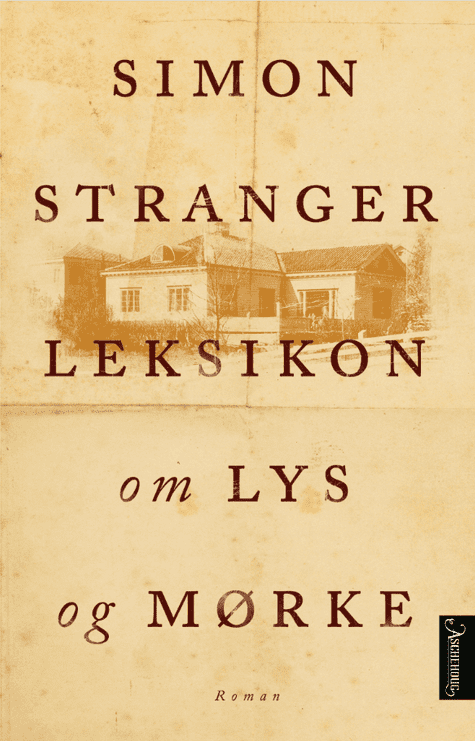Keep Saying Their Names
Sold to 26 Languages
Winner of the 2018 Norwegian Booksellers’ Prize
Winner of the 2018 Riksmål Prize
According to Jewish tradition everyone dies twice. The first time is when the heart stops beating, and the synapses in the brain shut down, like a city during a blackout. The second time is when the dead person’s name is uttered, read or thought of for the last time, after fifty or hundred or four hundred years. Only then, is the person really gone, erased from life on Earth.
A chilling and gripping double portrait of a young man who became a torturist and a family that would have been an entirely different one had Norway not been invaded in 1940.
What turns the bashful shoemaker’s son Henry Rinnan from Trøndelag into one of the most hated criminals in Norwegian history; a double agent killing Norwegians for the Nazis? And why would a Jewish family want to move into Rinnan’s headquarters shortly after the war, in the house that for many became the very symbol of the atrocities committed during the German occupation?
Learning that his wife’s mother grew up in the infamous “Bandeklosteret”, where the Rinnan group gathered to scheme, feast and torture prisoners in the basement, author Simon Stranger starts excavating the story of the Jewish Kommisar family, both those who lived and those whose life came to an abrubt end. And doing so, he faces humanity at its darkest, personified through a young man whose descent into evil made a crucial, direct and indirect impact on this family’s lives.
We meet shop owner Hirsch Komissar in 1941 on a workday like any other until Gestapo calls him in for questioning, and he obliges, not knowing he will never hold his wife and children again. And Hirsch`s two sons who dye their black hair orange in an attempt to look more Nordic. And later Ellen Kommisar who moves into Bandeklosteret and struggles to descend the stairs to the basement. We meet the author, lost for words when his children ask him what them being Jewish implies. And we meet Henry Rinnan, from a childhood and adolescence marked by rejection and outsiderness, as a charismatic and deeply feared leader-figure, before being sentenced to death for war crimes at the age of 32.
Spanning over four generations, Simon Stranger skillfully constructs a story consisting of the most beautiful and painful elements of human life in this epic and ambitious novel, pieces that when put together also becomes the history of his own family.
